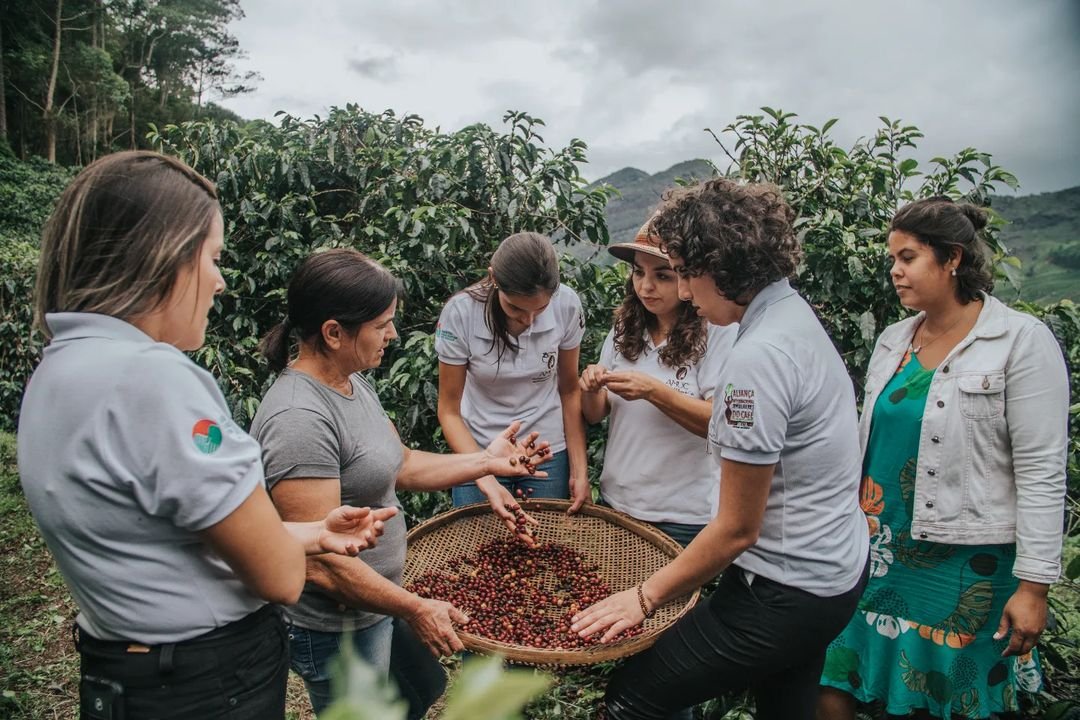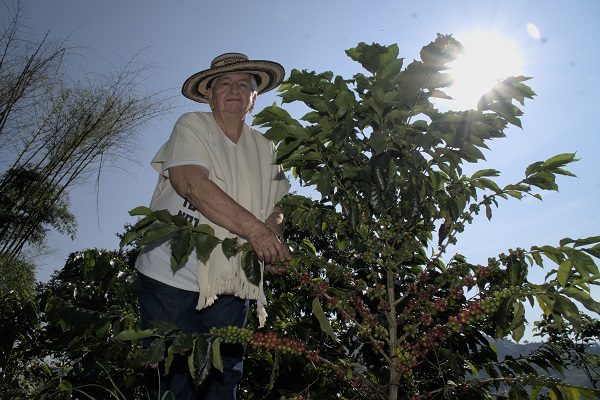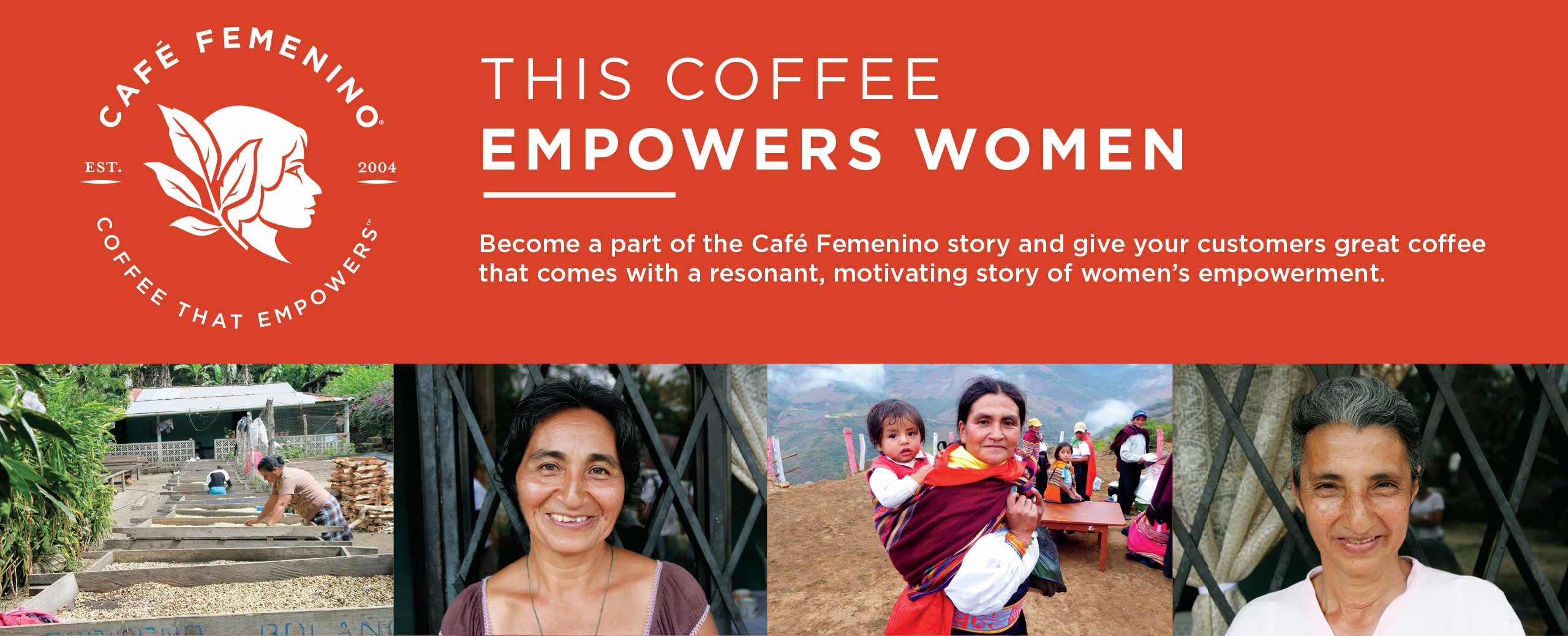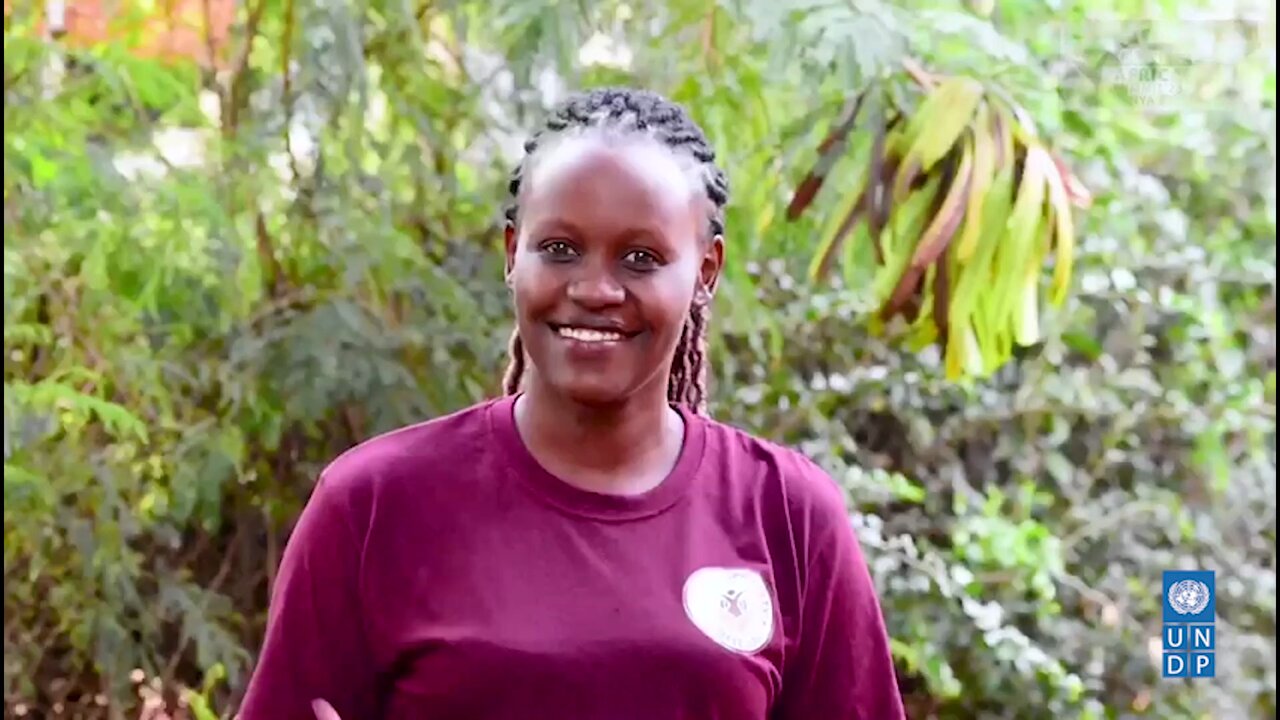Hello, coffee lovers and changemakers. Today, let's dive into an issue that affects us all: the rising cost of coffee and how it is reshaping the future for women in the industry.
The Global Coffee Landscape
Coffee is more than just a drink; it is a vital part of cultures, economies, and daily life around the world. As one of the most traded agricultural commodities, it fuels not only our mornings but also the livelihoods of millions, particularly in coffee-growing regions. Yet, behind every cup is a complex web of challenges. In recent years, several factors have driven up prices:
- Climate change disrupting crop yields
- Growing demand in emerging markets
- Supply chain disruptions from the COVID-19 pandemic
- Rising production costs affecting small farmers the most
For consumers, this means higher prices at cafes and grocery stores. But for those at the heart of coffee production, especially women, the impact goes much further.

Women in Coffee: A Workforce Facing Systemic Challenges
Women are the backbone of coffee production. In many coffee-growing regions, they make up to 70% of the labor force, planting, harvesting, and processing coffee. Yet, despite their critical role, they face systemic barriers:
- Earning significantly less than men for the same work
- Limited access to land ownership, credit, and financial independence
- Underrepresentation in leadership and decision-making roles
- Balancing unpaid domestic work alongside their jobs
The International Coffee Organization estimates that women in coffee earn 39% less than men. As prices surge, these disparities grow even starker. The rising cost of coffee is not just an economic issue; it is a matter of gender equity.
The Dual Impact of Rising Prices
Higher coffee prices might seem beneficial for producers, but the reality is more complex. Women in coffee production are experiencing both opportunities and challenges:
Positive Impacts:
- Some women-owned farms are seeing increased income
- Greater emphasis on sustainability and fair trade practices
- Investments in quality improvement benefiting skilled female workers
Negative Impacts:
- Increased workloads as farms push to meet demand
- Added pressure on small-scale farmers, many of whom are women
- Higher land costs making ownership even less attainable
Real Stories: Women Facing The Challenges And Opportunities Of Rising Coffee Prices

1. María del Carmen Bedoya de Tamayo – Colombia
A seasoned coffee farmer from Chinchiná, Colombia, María del Carmen has experienced firsthand the economic fragility caused by international market fluctuations and climate change. Her story highlights the resilience required to sustain a livelihood in coffee farming.
2. Nandudu Meridah – Uganda
In Uganda’s male-dominated coffee industry, Nandudu Meridah is paving the way for women through her company, Bayaaya Specialty Coffee. Her initiative provides training and financial support to women in the Gisu coffee-growing region, enabling them to overcome traditional limitations and improve their economic stability.

3. Margaret Nyamumbo – Kenya/USA
Margaret Nyamumbo, originally from Kenya, founded Kahawa 1893 in the United States to support African women coffee farmers. Through a unique tipping system, consumers can directly contribute to the income of women producers, providing financial assistance to over 500 women.
Advancing Women In The Coffee Industry
Across the industry, organizations and initiatives are stepping up to empower women in coffee. Key efforts include:
1. Gender-Responsive Supply Chains
More coffee companies are prioritizing gender equity, ensuring fair wages, leadership opportunities, and training for women.
2. Women-Led Cooperatives
Women-centered cooperatives are gaining momentum in places like Rwanda and Peru, offering resources and bargaining power that uplift female farmers.
3. Fair Trade & Certification Programs
Ethical coffee certifications are focusing more on gender equality, providing women producers with access to higher earnings and better working conditions.
4. Technology & financial inclusion
With increased access to mobile banking, financial literacy programs, and business education, women in coffee are achieving greater independence and financial stability.
Case Study: The Cafe Femenino Program

One example of this progress is the Cafe Femenino Program in Peru, which has created a separate, premium-paying market for women coffee producers. Since its inception, it has expanded to nine countries, helping thousands of women build stronger economic futures and gain greater recognition in their communities.
The Role Of Consumers In Supporting Women In Coffee
Consumers have the power to drive change. By making intentional choices, we can help create a more equitable coffee industry. Here’s how:
- Choose ethically sourced coffee that prioritizes gender equity and fair wages
- Support brands that invest in women farmers and cooperatives
- Educate yourself and others on the challenges women face in coffee production
- Recognize the value of paying a fair price for coffee that ensures sustainable livelihoods
The Road Ahead: Challenges And Opportunities
The future of coffee is inextricably linked to gender equity. As prices fluctuate, the industry must address key areas of concern:
- Expanding access to land ownership and financial support for women
- Increasing representation of women in leadership and business decisions
- Investing in climate-resilient farming techniques to ensure long-term sustainability
- Developing stronger social safety nets for coffee-farming communities
A More Equitable Future For Coffee
The rising cost of coffee is more than just an economic issue—it is a moment of transformation. By centering gender equity and ethical practices, the coffee industry has an opportunity to create a more sustainable, fair, and inclusive future.
At Radiant Star Roasters, we are committed to being part of this change. Our approach to ethically sourced coffee includes partnerships with women-led cooperatives, advocacy for fair wages, and a celebration of the essential contributions women make to coffee production.
Every cup of Radiant Star Roasters coffee represents a commitment to equity, empowerment, and sustainability. Together, we can help shape a better future for women in coffee—one cup at a time.
Warmly,
Micha Star Liberty

